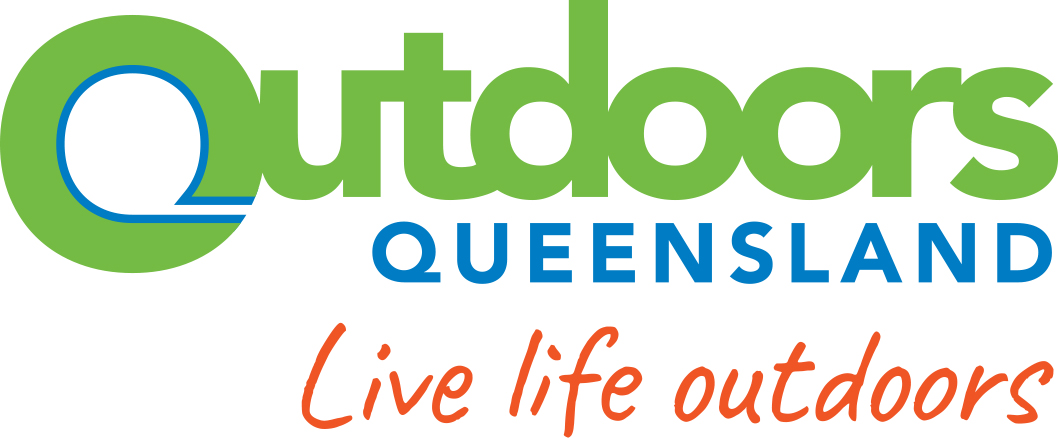Environmental 'Code of Ethics'
To acknowledge our dependence on natural environments and to consider the impact of our behaviour …
Outdoors Queensland actively encourages outdoor recreation participants to recognise their personal dependence upon natural environments and to consider the impact of their own behaviour in natural settings. In this way recreation participants can discover or develop strong personal environmental ethics.
Environmental ethics can be expressed in many ways: through involvement in rehabilitation and maintenance projects; through modifying the way we recreate in order to reduce environmental impact; through environment advocacy; or through the ongoing education of recreation participants in good environmental practices.
Perhaps the greatest measure of environmental ethics is that individual participants continue to exercise their own moral judgement and care for the environments they recreate in through personal choice, regardless of whether their behaviour is public or in private.
An important basis for environmental ethics is established by agreeing to and following minimum impact practices. Many minimum impact codes have been developed but in general the major elements of each are:
Research
- What do you know about the area you are visiting, including endangered species, permits, weather conditions, availability of water?
- Are there emergency services nearby?
- Adapt your group size and travel plans to suit the area.
Group Size
- Consider the area you are visiting and adjust your group size so that it causes the least impact as you travel.
- Consider rest stops on hardened areas to reduce the spread of impact.
Waste
- Take out what you take in.
- Consider removing rubbish others may have left behind.
Fire
- Always observe fire restrictions.
- Consider using fuel stoves. This will reduce fire scarring and the removal of dead timber for fuel, as well as reducing risk of starting a bushfire .
- Remember, even dead or fallen timber can be some animal’s home.
Water
- Keep all chemicals, including soap, sun-cream and deodorant out of all natural watercourses.
- If you need to wash do so at least 50 m from a watercourse, use as little soap as possible, and ensure washing water does not drain back into the watercourse.
Nature
- Take only photographs, and leave only footprints.
Human Waste
- Always go to the toilet at least 50 m from a watercourse, bury your waste at least 15 cm underground (more on a steep slope – better still, find somewhere else to go), and dispose of toilet paper properly. If you can’t properly dispose of human waste or toilet paper, pack it out with you (great idea right?)
Campsites
- Try to use existing campsites instead of creating new ones.
- Select sites that are flat and won’t require clearing of ground cover.
- Consider the number of people in an area, and whether you should go somewhere else.


